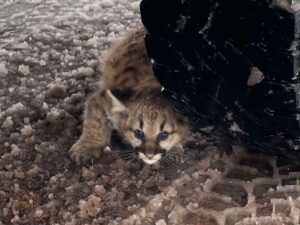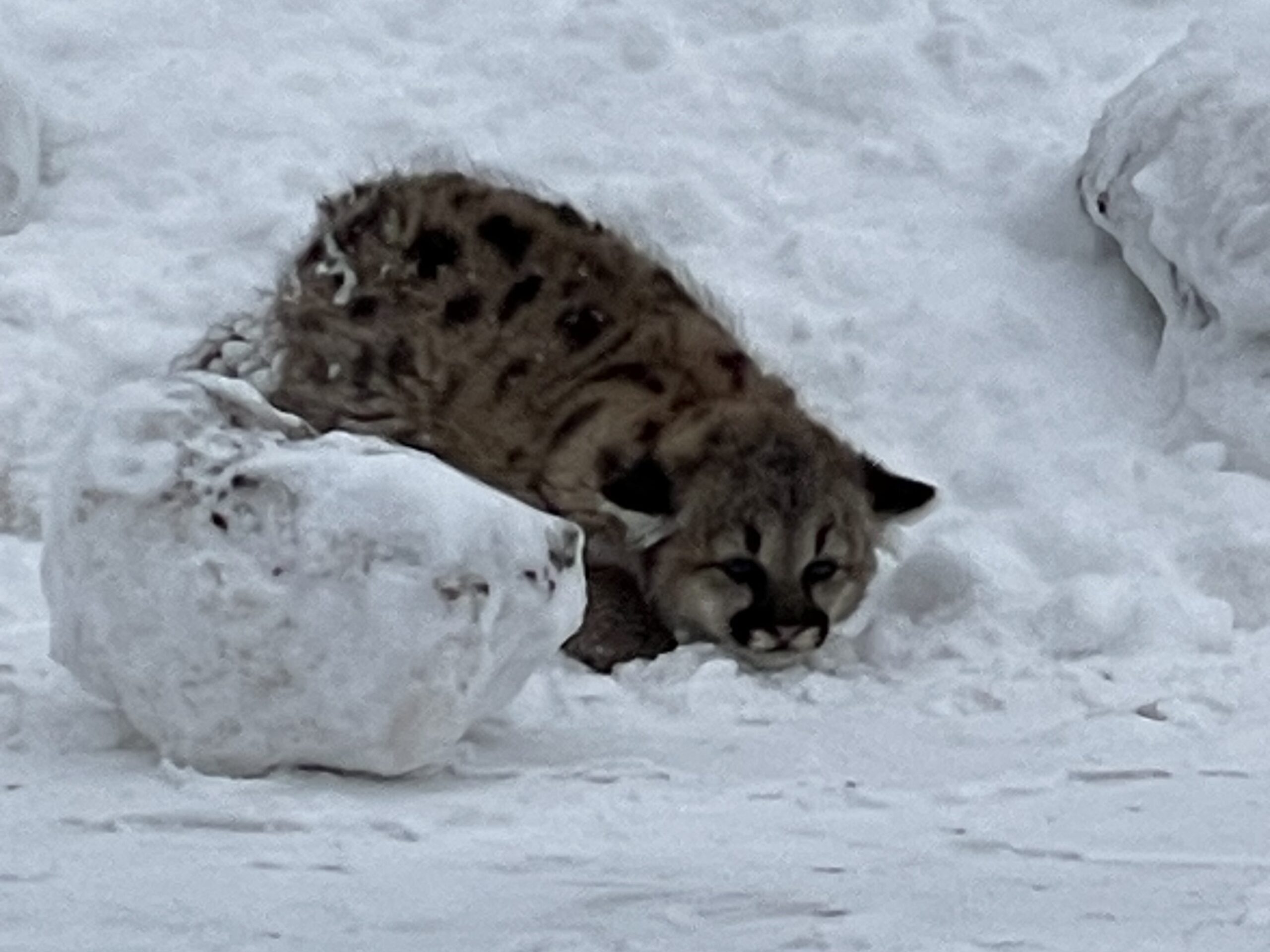With the first confirmed cougar cubs in over a century and a past sighting in Clinton Township, could Michigan’s big cats be making a quiet resurgence?
For the first time in over a century, Michigan wildlife officials have confirmed the presence of cougar cubs in the wild, marking a historic milestone in the state’s conservation landscape.
State biologists verified the existence of two spotted cougar cubs in Ontonagon County in the western Upper Peninsula. A local resident captured photographs of the cubs on March 6, providing the first confirmed evidence of a breeding population since the big cats were eliminated from Michigan in the early 1900s.
“It’s pretty exciting, considering this could be the first known cougar reproduction in modern times in the western Great Lakes states,” said Brian Roell, large carnivore specialist for the Michigan Department of Natural Resources (DNR). “It really shows that we have a unique place in Michigan where someone has a chance to see a wolf, a moose, and a cougar in the wild. It’s something that should be celebrated, that we have the habitat to support an elusive animal like this.”

The discovery is significant for wildlife enthusiasts across the state, including in the Lower Peninsula, where cougars have been rare but not unheard of. In 2017, the DNR confirmed a cougar sighting in Clinton County north of Lansing—the first verified presence of a cougar in Michigan’s Lower Peninsula. The big cats are known to roam long distances, often migrating from western states. While the DNR has verified 132 adult cougar reports in Michigan, genetic testing has confirmed only male cougars until now.
The newly verified cubs were photographed without their mother, raising concerns about their survival. Cougar cubs typically stay with their mothers for up to two years, relying on them for food and protection.

“Those young cougars are very vulnerable right now,” Roell said. “We don’t know where they are or if they’re even alive. Mother Nature can be very cruel.”
While there’s no indication that cougars are establishing permanent populations in the Lowwer Peninsula, the occasional confirmed sighting suggests the potential for dispersing individuals to appear in the region. Residents who believe they’ve spotted a cougar can log sightings through the DNR’s Eyes in the Field reporting system.
Cougars remain on Michigan’s endangered species list, making it illegal to hunt or harass them. Roell emphasized that it is also illegal to trespass on private property to search for cougars or their dens.
For more information on cougar sightings in Michigan, visit Michigan.gov/Cougar.
Photos provided by DNR via a source requesting anonymity.






 8123 Main St Suite 200 Dexter, MI 48130
8123 Main St Suite 200 Dexter, MI 48130


